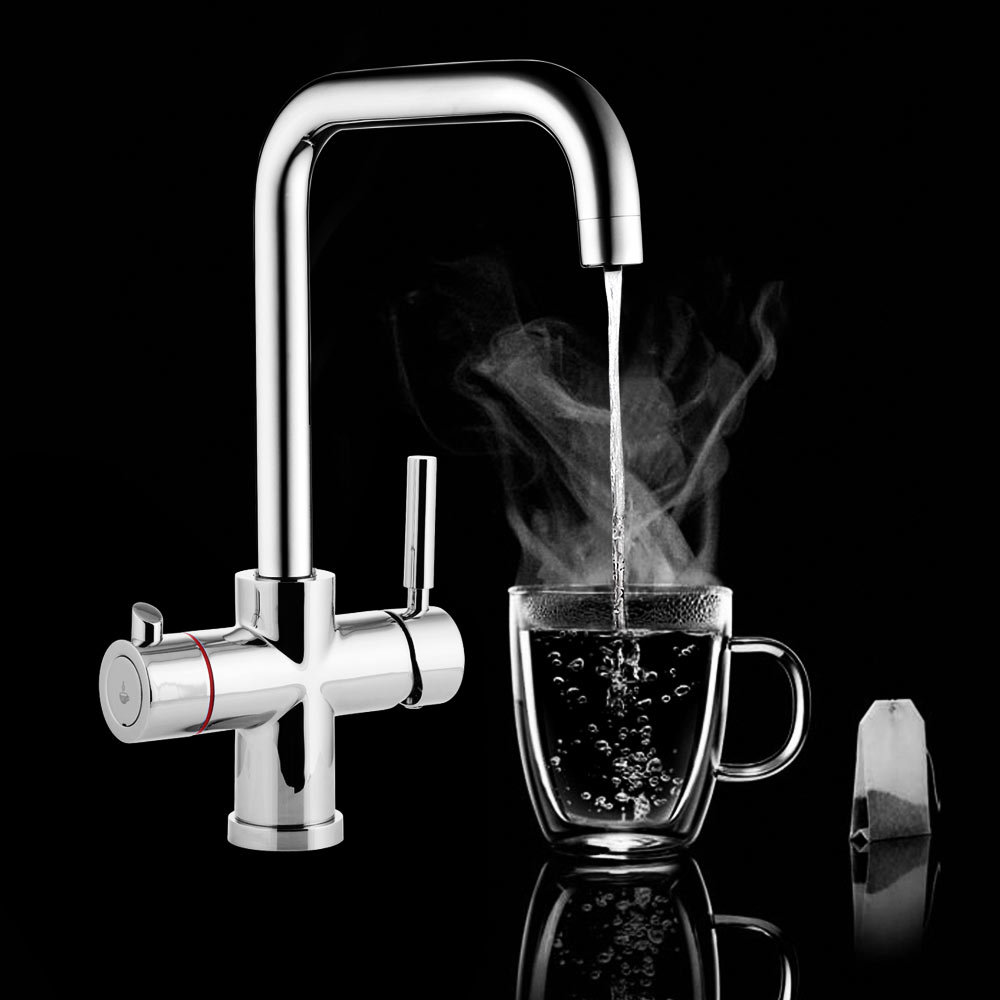Introduction: In the realm of kitchen innovation, the hot water tap stands as a testament to convenience and efficiency. Gone are the days of waiting for water to boil on the stove or fumbling with kettles—now, with a simple twist of a lever, piping hot water is readily available for various culinary needs. This article delves into the transformative impact of the hot water tap, exploring its functionality, benefits, and its role in modernizing kitchen spaces.
Efficiency and Convenience: The hallmark feature of the hot water tap is its unparalleled efficiency and convenience. No longer constrained by the time-consuming process of boiling water, homeowners can effortlessly access hot water directly from the tap, saving valuable time and energy. Whether it’s brewing a quick cup of tea, blanching vegetables, or prepping instant meals, the hot water tap streamlines kitchen tasks with remarkable ease. Its instant availability eliminates the need to wait, offering a seamless cooking experience that caters to busy lifestyles.
Space-Saving Design: Another compelling aspect of the hot water tap is its space-saving design. Traditionally, kitchens are cluttered with bulky appliances like kettles and water boilers, occupying precious countertop space. However, with the integration of a hot water tap, this problem is elegantly solved. Its compact form seamlessly integrates into kitchen sinks, freeing up valuable surface area and promoting a clean, minimalist aesthetic. This innovative design not only enhances the visual appeal of the kitchen but also optimizes functionality, ensuring a more organized and efficient workspace.
Energy Efficiency and Sustainability: Beyond its convenience and space-saving attributes, the hot water tap also champions energy efficiency and sustainability. Unlike conventional methods of heating water, which often result in excess energy consumption and water wastage, the hot water tap operates with remarkable efficiency. By delivering precisely the amount of hot water needed on demand, it eliminates the need for overboiling and reheating, thereby conserving both energy and water resources. This eco-friendly approach not only reduces utility costs for homeowners but also aligns with global efforts to promote sustainability and reduce carbon footprints.
Technological Advancements: The evolution of hot water tap technology has further elevated its status as a must-have kitchen fixture. From intuitive touchscreen controls to customizable temperature settings, modern hot water taps offer a range of advanced features designed to enhance user experience. Some models even incorporate smartphone connectivity, allowing users to remotely control the tap and monitor water usage from their mobile devices. These technological advancements not only add a layer of convenience but also underscore the adaptability of hot water taps to the evolving needs of contemporary kitchens.
Conclusion: In conclusion, the hot water tap represents a transformative innovation in kitchen design, offering unparalleled efficiency, space-saving benefits, and eco-friendly functionality. Its ability to deliver instant hot water on demand revolutionizes traditional cooking methods, streamlining tasks and enhancing overall productivity. As technology continues to advance, hot water taps will likely remain at the forefront of kitchen innovation, reshaping the way we approach culinary endeavors and sustainability in the modern home.




